Rogue is a class in RPGs that’s meant for a very specific type of person, so it’s important to know some of the best rogue races and ability scores you can have in order to make the most out of your Baldur’s Gate 3 experience.
Playing a Rogue in Baldur’s Gate 3 provides ample opportunity for fun and interesting dialogue interactions, depending on what ability scores and proficiency you select. With Perception, Deception, Sleight of Hand, and Persuasion, there will be ample opportunities for you to talk yourself out of situations, and as far as combat is concerned, using cunning actions to sneak attack enemies will give you the leg up.
I’ve channeled the ample energy I have about the Rogue class into my Baldur’s Gate 3 experience to find the optimal ways for players to approach playing a Rogue in the game, so here are the best rogue races and ability scores.
What are the best races for Rogue in Baldur’s Gate 3?
As a rogue, much of your combat viability is reliant on how consistently you can gain Advantage by hiding as your bonus action. This lets you sneak attack for more damage than you otherwise would be able to. For that reason, I’d say that your best bet is to pick a race that grants you a little bit more movement or gives you an advantage on Stealth checks.
Generally speaking, the Elves are going to provide you the most benefit as a Rogue in Baldur’s Gate 3, but Deep Gnome and Lightfoot Halfling are a couple of exceptions to that rule. I personally went for Wood Elf to get Fleet of Foot, a movement speed increase of 1.5 meters. Drow provides Superior Darkvision, however, giving you better sight in certain situations.
Related: Baldur’s Gate 3: All BG3 companion locations – where to find all party members
For combat sequences, having extra movement from being a Wood Elf or Half-Wood Elf can be critical, but at the same time, being able to get an advantage on Stealth checks with Stone Camouflage (Deep Gnome) or Naturally Stealthy (Lightfoot Halfling) can be critical.
I went with Wood Elf for both of my characters because I preferred the Perception Skill Proficiency that the race has over Deep Gnome and Halfling. It’s not as critical to combat, but outside of combat, having Perception can help you out in various situations that suit my playstyle.
What’s the best Rogue background in Baldur’s Gate 3?
Selecting a background can be more important than selecting your race in BG3. The top backgrounds for Rogues are going to be Charlatan, Criminal, and Urchin. Each has skills that you want including Sleight of Hand, Stealth, and Deception. It’s just about what combination you want.
I went for Urchin on both of my characters because Charlatan and Criminal give Deception, which wasn’t a characteristic I wanted for me Rogues. That’s strictly a personal choice, but at the same time, I would probably recommend selecting Criminal or Uchin over Charlatan simply because of the Stealth you get from those backgrounds.
- Charlatan: Sleight of Hand, Deception
- Criminal: Deception, Stealth
- Urchin: Sleight of Hand, Stealth
Related: Best starting classes to use in Baldur’s Gate 3
What’s the best ability score for Rogue in Baldur’s Gate 3?
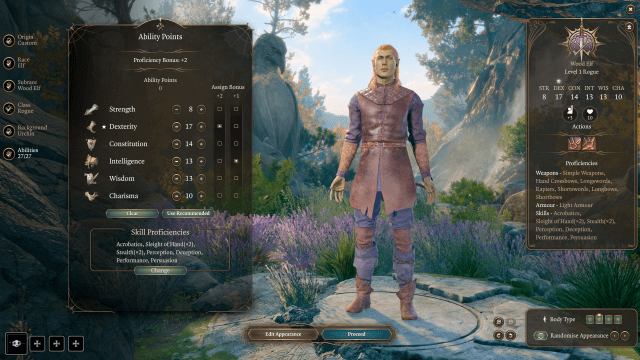
You’ll want to start out by having your character loaded up with Dexterity, and fortunately, the game will automatically recommend that. As far as the game’s recommendations are concerned, you can easily roll with what the game gives you without touching it if you want, and you’ll have a grand time.
If you don’t touch your ability score, your character will look something like this:
- Strength: 8
- Dexterity: 17
- Constitution: 14
- Intelligence: 13
- Wisdom: 13
- Charisma: 10
If you want to move things around, my only suggestion would be to maybe lower your Intelligence slightly and increase your Wisdom and Charisma. This will give you better bonuses in skills like Insight, Perception, Deception, Intimidation, Performance, and Persuasion.
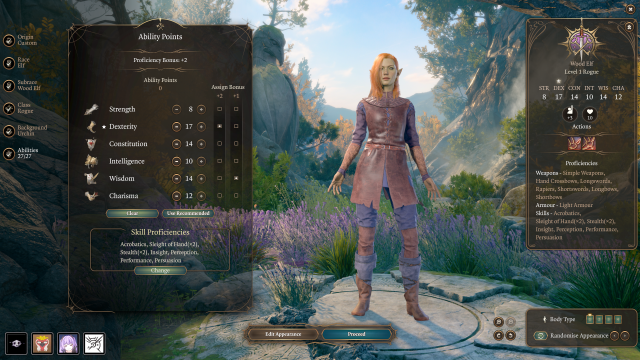
For my characters, as Urchins, I wanted to emphasize them to be well-versed in reading people and situations, which requires more points in Wisdom. This is a strictly personal choice though. You might want your character to be more apt at Investigation, History, or Arcana. Here’s the build that I ultimately ran with on both of my characters:
- Strength: 8
- Dexterity: 17
- Constitution: 14
- Intelligence: 10
- Wisdom: 14
- Charisma: 12
At the end of it all, Baldur’s Gate 3 is a game where decisions matter, but there’s not a right or wrong answer to anything. Your decisions should be an expression of who you are and how you want to play the game. That’s the beauty of it. If you want to be a deceptive criminal that swindles people left and right, there’s nothing stopping you—except maybe some poor dice rolls. So use this guide as a barometer for decisions, but don’t let it be the end-all-be-all for your BG3 experience. Use your imagination to craft a character you want to play as and then use this guide to make that character a reality in the game.
Others Asked
What are the recommended ability scores for Paladins in Baldur's Gate 3?
The recommended ability scores for Paladins in Baldur's Gate 3 are Strength: 16, Dexterity: 10, Constitution: 14, Wisdom: 10, Charisma: 16, and Intelligence: 8.
What are the recommended ability scores for a Rogue in Baldur's Gate 3 according to the game, and why might a player choose to adjust them?
The game recommends the following ability scores for a Rogue: Strength 8, Dexterity 17, Constitution 14, Intelligence 13, Wisdom 13, Charisma 10. A player might choose to adjust them by moving points from Intelligence to Charisma to enhance dialogue interactions and open up more interesting role-playing opportunities.
Which characters are recommended for a stealth-oriented party in Baldur's Gate 3 if you're not playing as a Rogue?
If you're not a Rogue, it is recommended to include Astarion (Rogue), Shadowheart (Cleric), Karlach (Barbarian) or another fighting class main character, and Gale (Wizard) or your spell-casting main character in a stealth-oriented party.


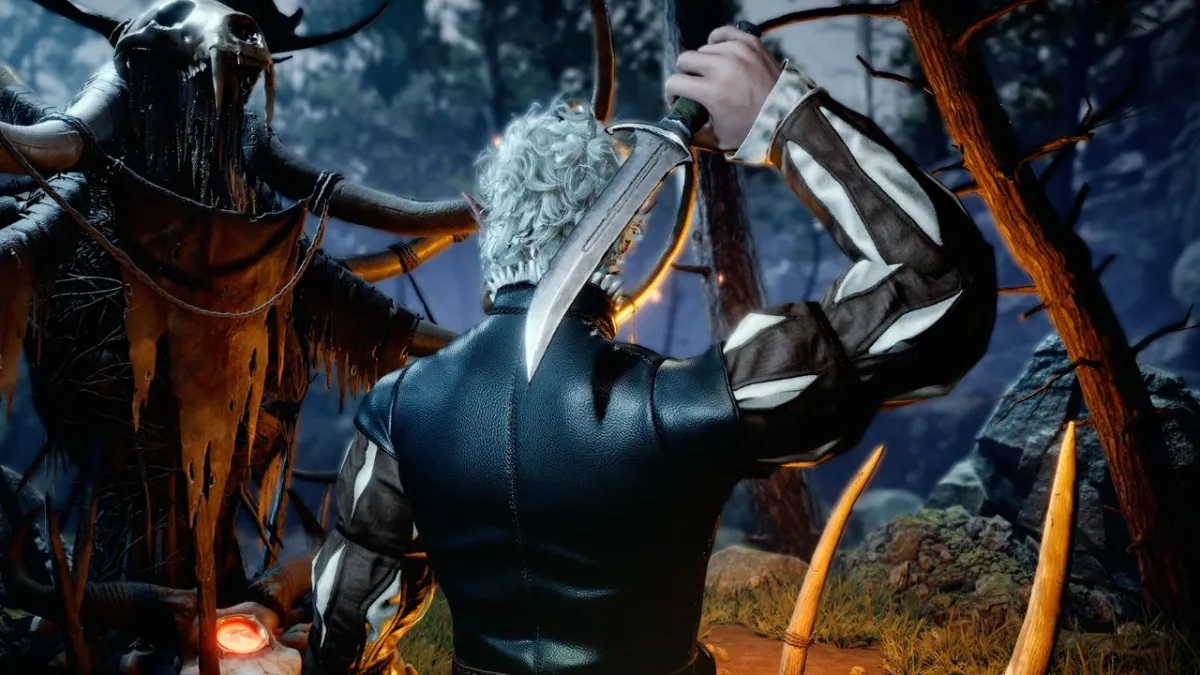
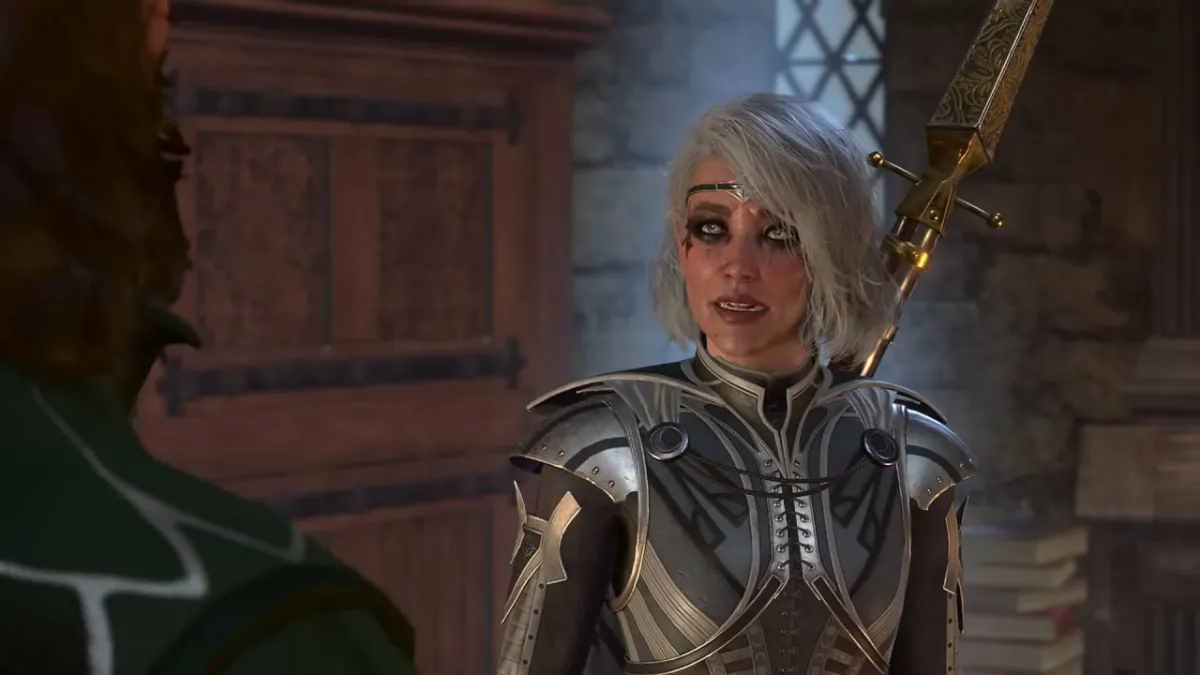
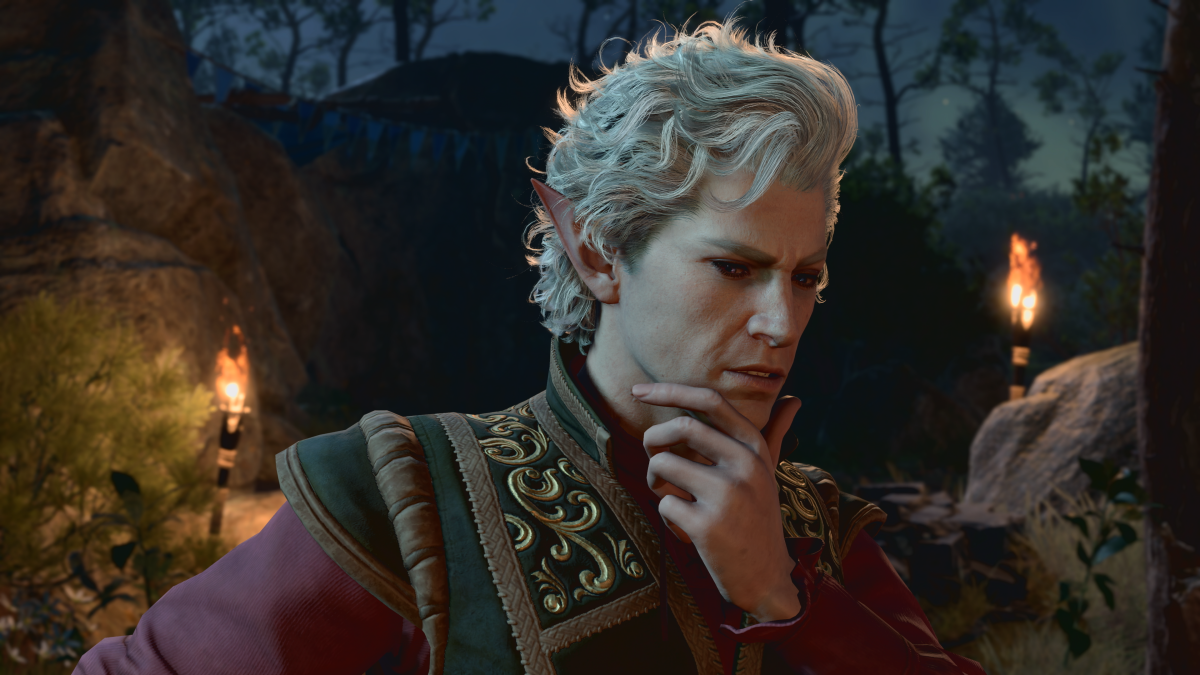
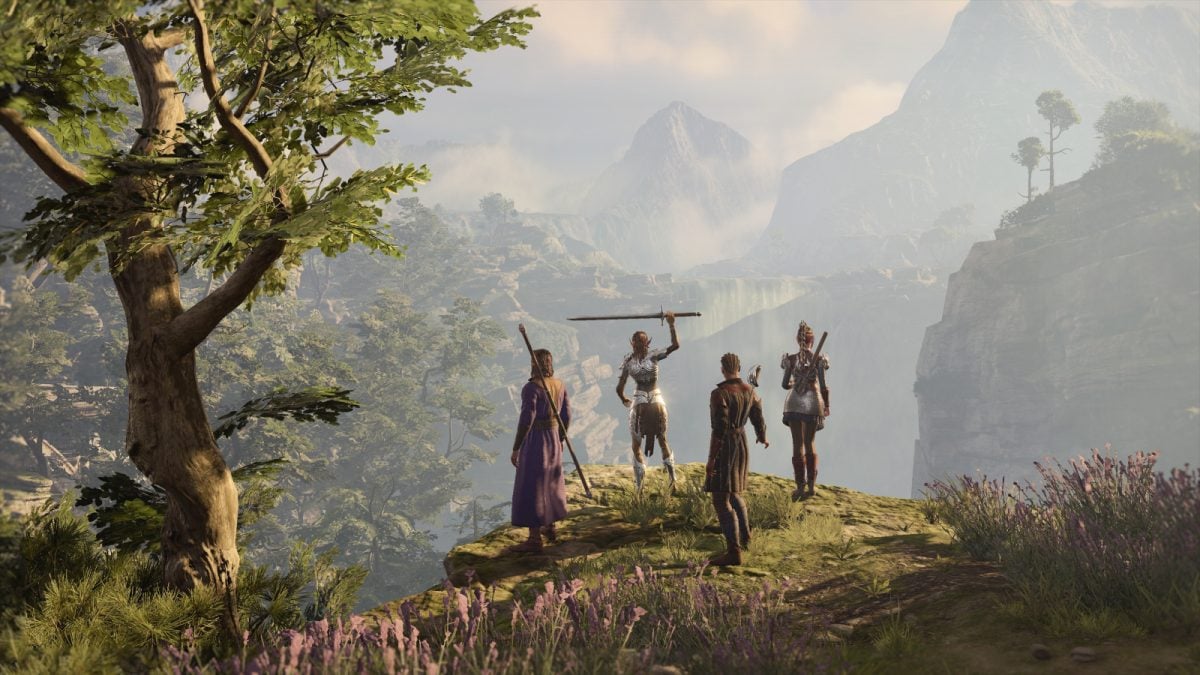

Published: Aug 7, 2023 6:19 PM UTC